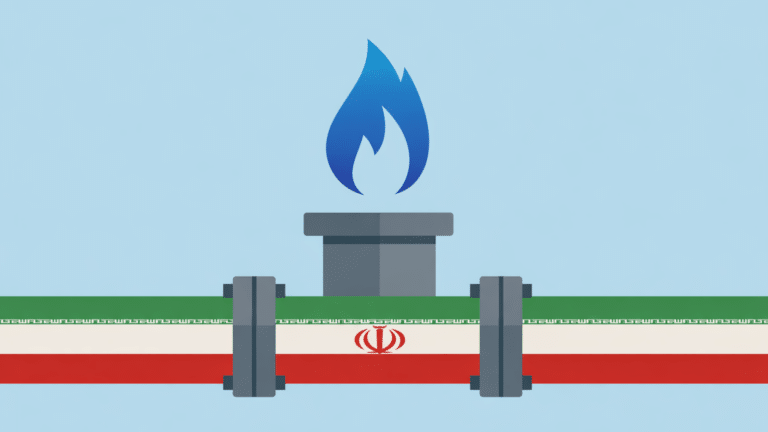This website uses cookies as well as similar tools and technologies to understand visitors’ experiences. By continuing to use this website, you consent to Columbia University’s usage of cookies and similar technologies, in accordance with the Columbia University Website Cookie Notice.
Dr. Chris Bataille Joins the Center on Global Energy Policy as Adjunct Research Fellow
The Center on Global Energy Policy at Columbia University SIPA welcomes Dr. Chris Bataille, who joins the Center as an Adjunct Research Fellow. For more than two decades, his career has focused on the transition to a globally sustainable energy system. In his new role at Columbia, Dr. Bataille will focus on policy and technology pathways to decarbonize heavy industry and the role of carbon management in speeding up decarbonization of the global economy.
“The latest IPCC report has made it clear the urgency needed to dramatically reduce greenhouse gas emissions if we’re to keep global temperatures from rising above 1.5 degrees C,” said Jason Bordoff, Founding Director of CGEP and Co-Founding Dean at the Columbia Climate School. “Although challenging, getting to net-zero emissions for industry isn’t impossible. Chris is a welcome addition to the growing team at our Carbon Management Research Initiative.”
Industrialization is a key driver of economic growth but also responsible for roughly 24 percent of greenhouse gas emissions. In the heavy industry group, cement, steel, and petrochemicals are the top emitters and pose some of the biggest decarbonization challenges in any net-zero scenario. Emissions from heavy industry are primarily produced from the burning of fossil fuels for energy. CGEP has prioritized looking at low-carbon solutions for industrial heat.
“Right now, Russia’s war against Ukraine has squeezed global supply chains, including for heavy industries like iron and steel,” said Melissa Lott, CGEP’s Director of Research. “We’re now at a pivotal point in the energy transition where countries need to figure out how they’re going to sustainably source materials from these heavy emitting sectors. I’m pleased to have Chris on board to support research on this here at the Center.”
“Net-zero deep decarbonization of heavy industry has been my passion and focus since the Paris Agreement was signed in late 2015,” said Dr. Bataille. “While time is short, so much more seems possible now with concentrated effort. I look forward to working with CGEP and its global community to make heavy industry decarbonization a physical reality.”
Dr. Bataille is also an Associate Researcher at the Institute for Sustainable Development and International Relations (IDDRI) in Paris and an Adjunct Professor at Simon Fraser University. He was a Lead Author for the Industry Chapter of IPCC’s Sixth Assessment Report, as well as the Summary for Policy Makers and Technical Summary.
Read Dr. Chris Bataille’s full bio here.
More News
Devex Pro Insider: Nerves in Davos, one year on from the fall of USAID
Highlights from Davos, and the latest career moves in the global development sector.
Relevant
Publications
Where China Gets Its Oil: Crude Imports in 2025 Reveal Stockpiling and Changing Fortunes of Certain Suppliers, Including Those Sanctioned
China’s crude oil imports hit a record-high 11.6 million barrels per day in 2025, as geopolitical tensions, low oil prices, and global oversupply spurred China to increase its oil stockpiles, a trend likely to continue in 2026.


Iran’s Natural Gas Paradox: Vast Resources, Limited Export Capacity
Iran appears to be a natural gas giant, due to its large proved gas reserves and significant gas production and consumption.


